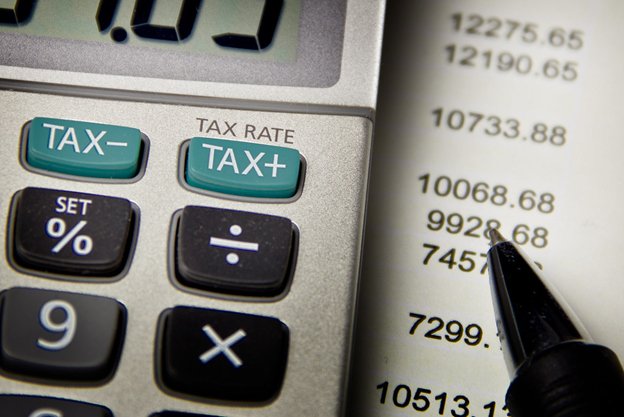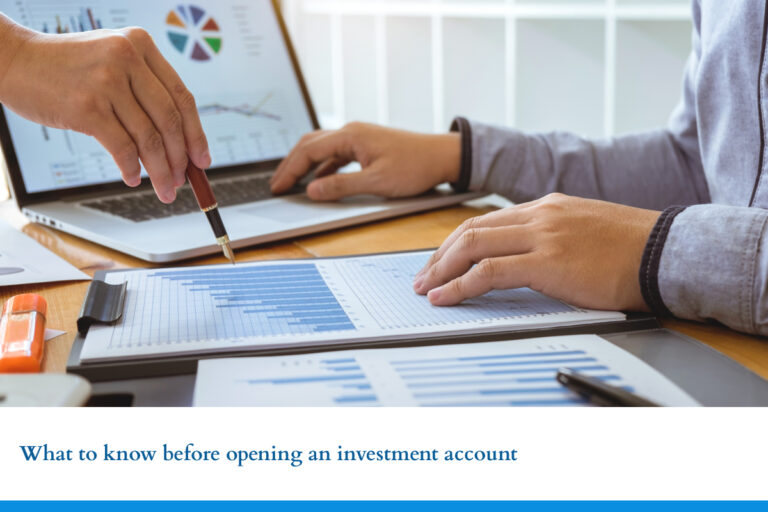Working a 9-5 job or making money out of a small business won’t satisfy the bank accounts. So everyone tries to make some extra income by using the stock market and investing money from their primary source of income. But making money when you have new regulations coming up for the taxes can be difficult. In February of 2018, the federal government has passed new rules for the way small businesses pay their taxes and calls for tax payments even on your passive income. As a result, the ratio of your passive income to your active income changes the way the business tax accountants calculate your small business taxes.
What is passive income?
Businesses and the proprietors always have different sources of earnings coming in and not all of them are from the primary business. The income you earn from the profit or sales from your business is called the active income. The earnings that you receive from other sources, where you have invested money to work for you, that is called passive income.
So all the returns on your investments, like capital gains or dividends, in the market must be categorized under passive income by your business tax accountant.
Previously, just the taxes you were paying were considered as the active source of income of your company. You could let your passive income take care of your expenses even after paying heavy taxes on your primary or active income.
What are the New Rules for Passive Income
The new regulations of the federal government are regarding the accumulation of passive income rather than developing sources of active income. The earlier rules for taxation stated that every small-sized business, that has a yearly active income of CA$ 500,000 can claim its small business tax rate of 9% and if the business earns more than that, it is supposed to be on the 15% corporate tax bracket. Small business tax accountants will also have to credit taxes according to the varying provincial tax rates.
According to the new rules set up by the taxation authorities, the passive income that a firm makes will be registered along with its active source of income. So the pressure of tax that you bear, is now also supported by the earnings you make without working for your business. The federal taxation law now states that if a business makes passive income that accounts to less than CA$ 50,000, the business can claim the same 9% small business tax rate. The eligibility amount shrinks to CA$ 5 on every CA$ 1 that the business earns in passive income. Hence, corporate tax is accounted.
How the Passive Income Rule Affects the Small Businesses
The new passive income rule makes it clear that a business must be taxed according to the size of their overall income and not their business earnings. If you have a small scale or online business and you’re just dealing with startups, the new rule might have little or no effect on your earnings and taxes. It would also provide the privilege of growing your business with freedom.
The deductions of CA$ 5 for every CA$ 1 means that if a business is earning up to CA$ 150,000 in passive income, the business puts itself straight into the corporate taxation bracket of 15% and the benefits of small business taxation are no more on your plate.
The corporate taxation rule can bring a hard time for small business owners who have recently delved into investing. For the help required to make better use of the taxation rules, contact MMT Chartered Professional Accountants, so you can take your business uphill while we take care of your numbers.





